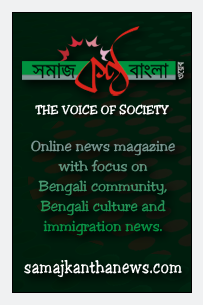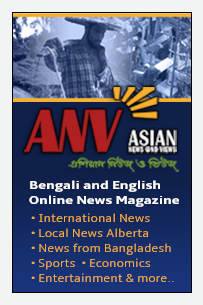Every year on February 21, the world observes International Mother Language Day, a day dedicated to the celebration of linguistic diversity and the promotion of multilingualism. For Bangladeshis, this day carries a profound significance, rooted in the sacrifices made by the language martyrs of 1952 in Dhaka, who gave their lives for the recognition of Bangla as their mother tongue. The spirit of Ekushey transcends borders, reminding us of the fundamental right to speak, learn, and express ourselves in our native languages.
The Historic Struggle for Language Rights
The seeds of International Mother Language Day were sown in the streets of Dhaka when students of the University of Dhaka and other activists protested against the imposition of Urdu as the sole state language of Pakistan. On February 21, 1952, police opened fire on peaceful demonstrators, killing several students, including Salam, Rafiq, Barkat, and Jabbar. Their sacrifice led to the eventual recognition of Bangla as one of the state languages of Pakistan and later inspired the birth of independent Bangladesh in 1971.
In 1999, UNESCO recognized February 21 as International Mother Language Day, acknowledging the importance of linguistic and cultural diversity worldwide. Since then, this day has been observed globally to promote language preservation and multilingual education.
The Importance of Linguistic Diversity in a Globalized World
Language is not just a medium of communication; it is an essential part of cultural identity. Today, many indigenous and lesser-known languages are facing extinction due to globalization, urbanization, and socio-political pressures. When a language dies, a rich cultural heritage and a unique way of perceiving the world are lost forever.
In Canada, a nation known for its multiculturalism and linguistic diversity, International Mother Language Day holds special relevance. With over 200 languages spoken across the country, Canada’s commitment to bilingualism (English and French) and the protection of Indigenous languages is a testament to the importance of linguistic inclusion. However, challenges remain, particularly in preserving Indigenous languages that have been marginalized for centuries. Government initiatives and community-driven efforts continue to play a crucial role in revitalizing these languages.
Celebrating Language and Culture
International Mother Language Day is an opportunity to promote multilingual education, celebrate linguistic diversity, and encourage policies that support language preservation. Educational institutions, cultural organizations, and community groups worldwide mark this day with seminars, poetry recitations, art exhibitions, and discussions on language rights.
As a Bangladeshi Canadian, I find deep inspiration in the legacy of the language movement and the ongoing struggle for linguistic rights around the world. It is our collective responsibility to honor the sacrifices of the past by ensuring that all languages, especially those at risk of disappearing, are given the recognition and respect they deserve.
A Call to Action
On this International Mother Language Day, let us pledge to uphold linguistic diversity, promote inclusive education, and support policies that protect endangered languages. The story of Ekushey teaches us that language is more than words; it is the soul of a people, the voice of history, and the bridge to a more inclusive and harmonious world.
Amar Ekushey, Amar Gorb—My Ekushey, My Pride.
By Delwar Jahid, Canada











